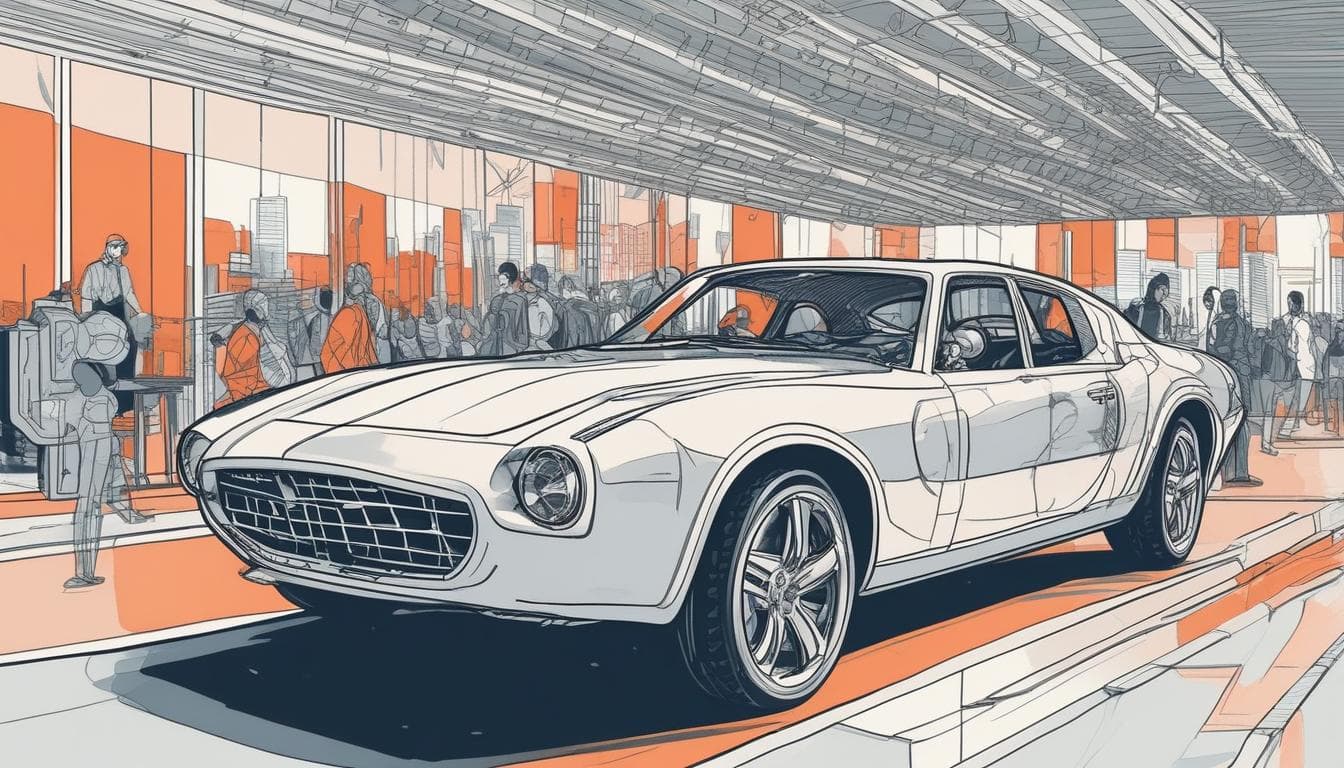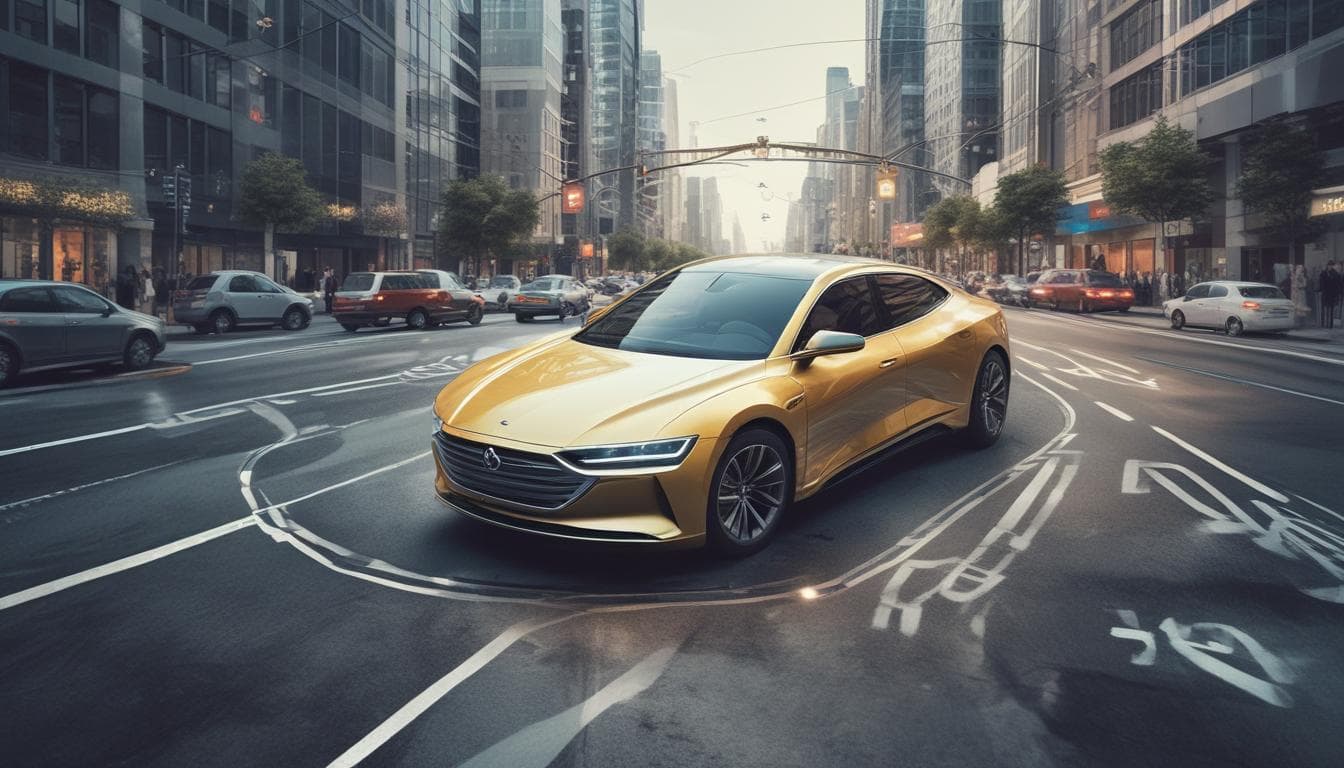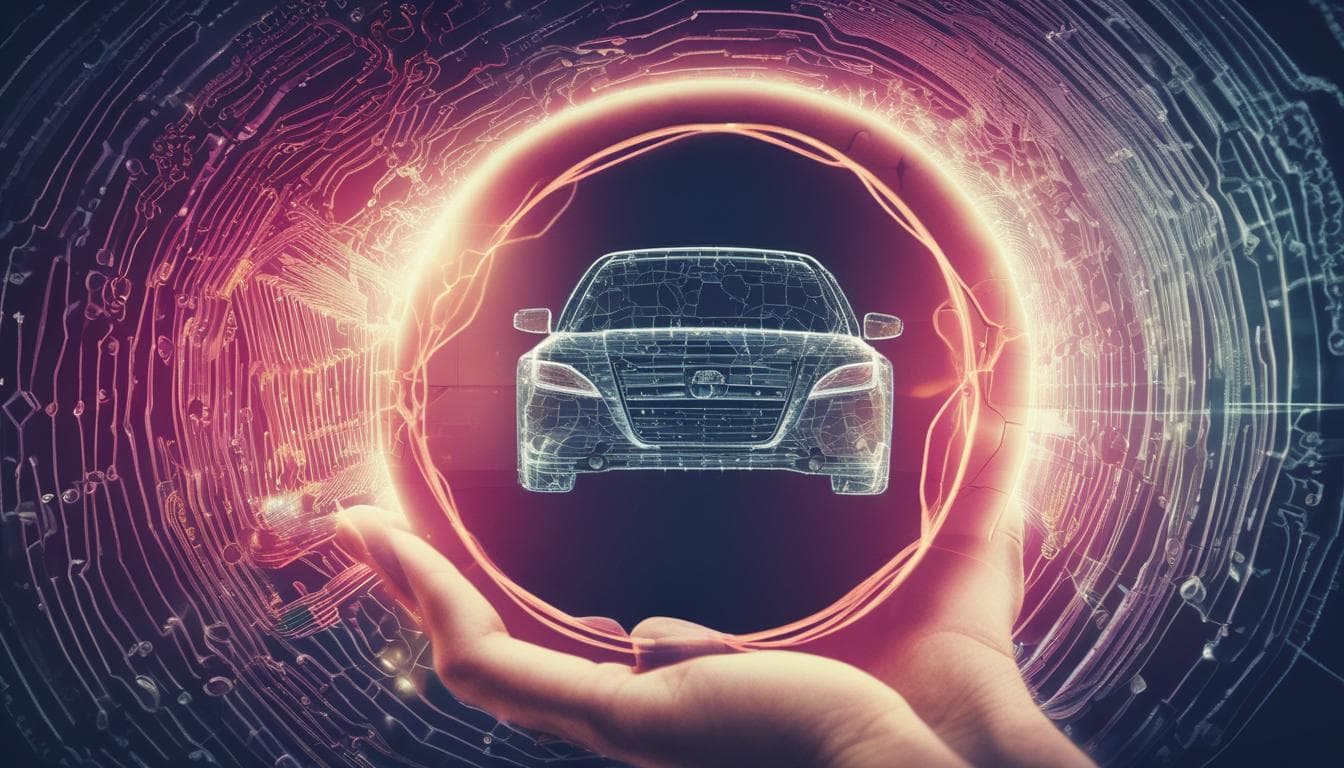如果汽车可以根据你的实时情绪状态调整驾驶模式,例如自动播放舒缓音乐或提供路线建议以避开拥堵路段,你认为这会提升驾驶体验吗?又或者,这会让你感到隐私被侵犯?你理想中的情绪感知汽车应该是什么样的?
在现代汽车技术快速发展的背景下,情绪感知汽车的想法确实十分吸引人。这样的汽车不仅可以通过实时监测驾驶者的情绪,提供个性化的驾驶体验,还可以通过调整车内环境来提升行驶的舒适性。
情绪感知汽车的潜在优势:
- 提高驾驶安全性:当汽车能够识别到驾驶者可能的焦虑或愤怒时,可以自动调整驾驶模式,如调整行驶速度或路线,避免拥堵和复杂情况。
- 定制化体验:例如,播放舒缓的音乐或提供促进放松的环境,让人们在繁忙的驾驶中获得片刻的宁静。
然而,这样的系统也引发了隐私权益的担忧:
- 隐私问题:用户可能会担心其情绪和行为数据被收集和存储,影响个人数据的安全性。
- 道德责任:当智能系统做出决策时,如果结果不如预期,责任究竟归谁?这是一个值得深思的问题。可以参考关于自动驾驶汽车的伦理挑战的文章,以获得更深入的见解。
理想中的情绪感知汽车
我理想中的情绪感知汽车应该具备:
- 全面的情绪识别技术:能够准确识别驾驶者的情绪,而不仅仅依靠面部表情或语音。
- 用户控制:所有情绪数据的收集和使用都必须经过用户的明确同意,并允许用户随时查看和删除其数据。
- 优化驾驶体验:有效地将情绪反馈转化为驾驶模式或车内设置,而不影响个人隐私。
情绪感知将是未来汽车技术的重要方向,同时也伴随着诸多挑战。希望我们能在保证隐私的前提下,享受更智能、更安全的驾驶体验!
Explore More on This Topic
Join the Conversation
- The Future of AI-Driven In-Car Personalization: Beyond Comfort and Entertainment
Explore the future of AI in vehicles and how it can personalize the driving experience beyond entertainment and comfort. Discuss the ethical considerations and potential benefits of deep AI integration, such as anticipating mood and stress levels and suggesting personalized micro-experiences.
- The Future of Automotive Tourism: AI-Curated Road Trips vs. Spontaneous Exploration
Explore the future of automotive tourism in the age of AI. Will AI-curated road trips replace spontaneous exploration, or will they coexist? Discuss the opportunities and challenges for travelers and the tourism industry as AI integrates into vehicles and travel experiences.
- The Future of Road Rage in the Age of AI-Powered Vehicles
How will AI in vehicles impact road rage? Will it help de-escalate aggressive driving or make it worse? Explore the potential roles of AI and human drivers in managing these scenarios.





